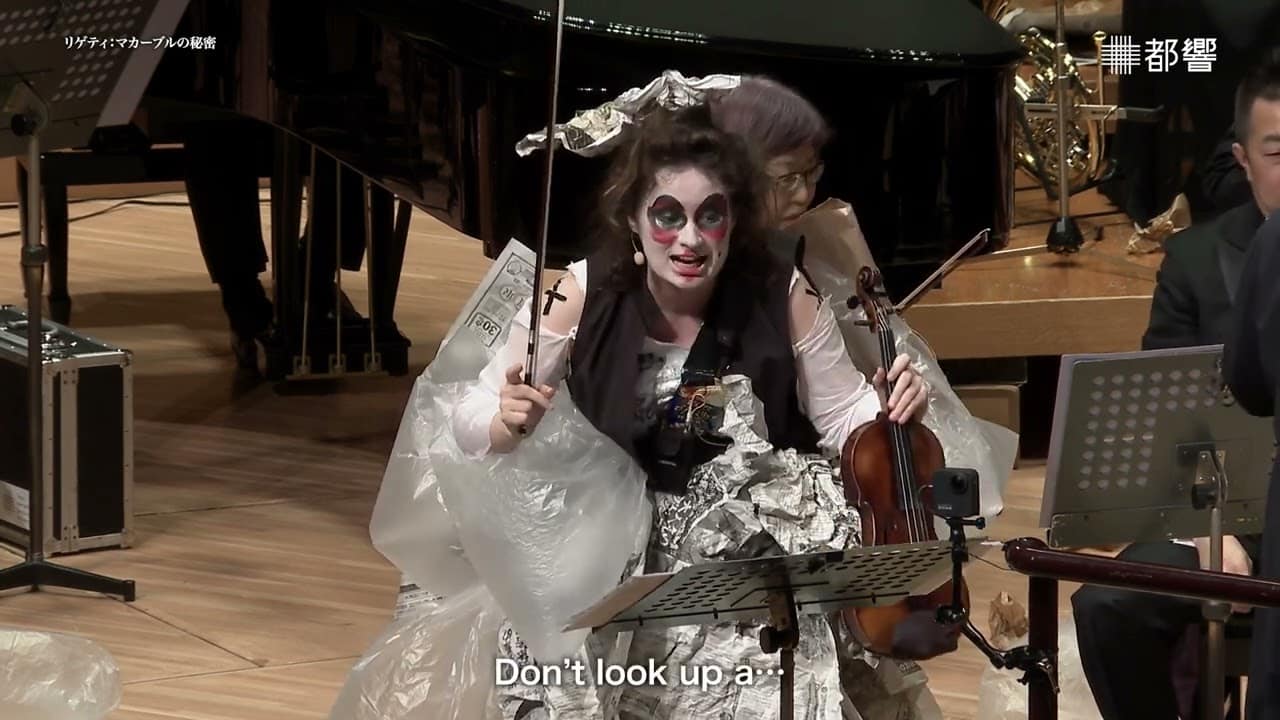NY musician wages: a view from Chicago
OrchestrasFrom a correspondent:
I am a retired full time chorister who worked at the Lyric Opera of Chicago from the mid-1970s until recently.
When I started, I made $125/week for 13 weeks and about $4/hr prior to that for music (room) rehearsals held about 3 times/week. No benefits (health/pension).
After decades of negotiations the salary and benefits improved sharply and when I retired a 30 week contract netted about an annual salary of $70,000 plus individual health (NOT family) and pension benefits. A standard work week was 24 hours.
One of the ongoing issues in the performing arts is one you mention: is the employer paying for time worked or TALENT. Generally, unions’ position are both. Time, to be sure, but certainly talent is the primary qualifier. A regular chorus position opening at Lyric, the Met, or SFO regular attracts hundreds of superb singer musicians. Recent chorus hires at the Met included artists who sang PRINCIPAL roles at other companies (Met chorus annual salaries can exceed $200K). Choristers may have a “short” work week but contractually must be available Monday to Saturday 10am to midnight and Sundays about noon to 7. They also, contractually, must be available on short notice.
I appreciate your postings very much. Here in Chicago we’re looking forward to the Fidelio dress on Monday. Dress rehearsal passes are the one Retirement benefit.






Comments